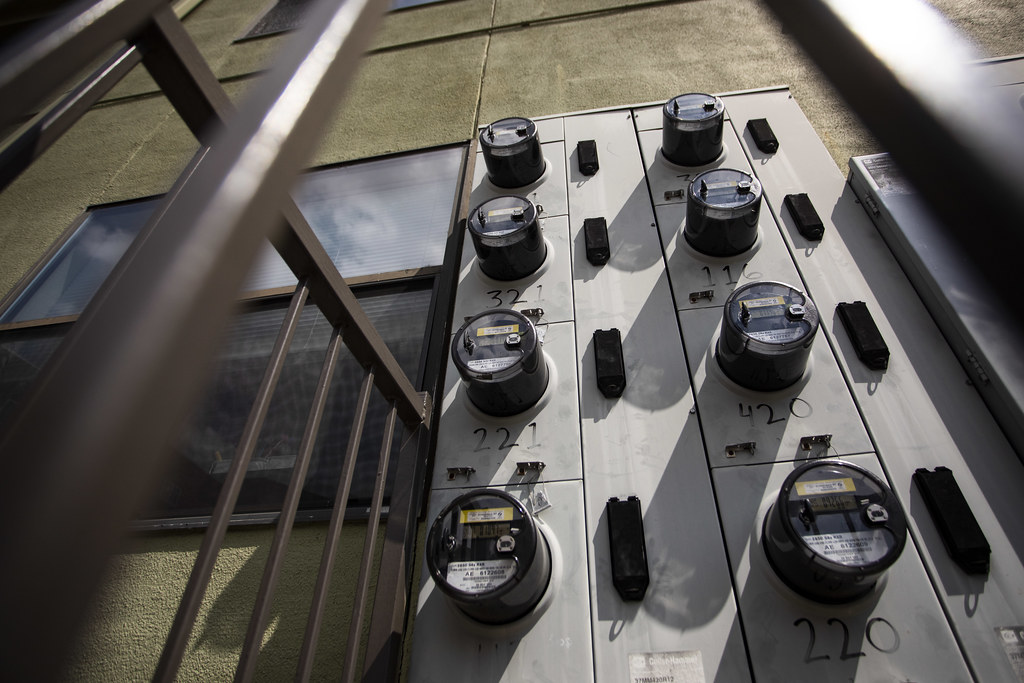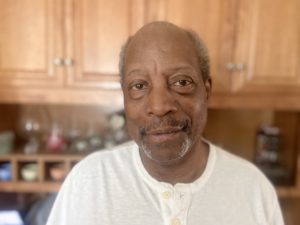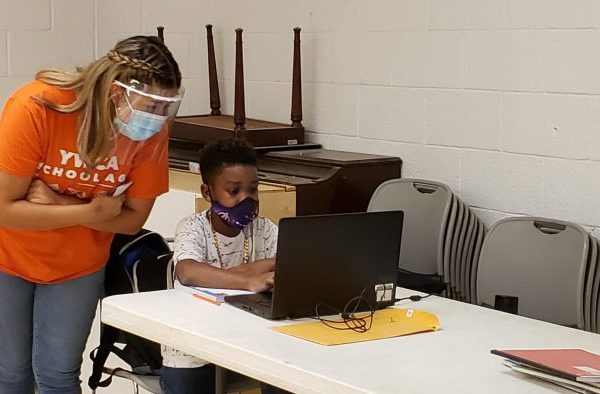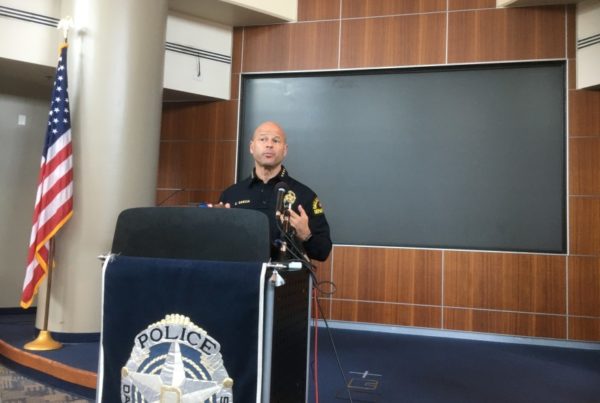Betty is a community organizer with the Coalition for Environment, Equity and Resilience (CEER). Recently, she’s been thinking a lot about the state government’s massive rainy day fund — nearly $10 billion. In response to the winter storm, lawmakers tried to use the rainy day fund to give direct cash assistance to residents, but the efforts failed.
“After this winter storm we just went through, when is a rainy day a rainy day?” she asked. “Why we can’t get no money out of the rainy day fund when… you still got people suffering like we have suffered?”
During the summer, it’s not unusual for the couple to have to pay more than 10% of their income on electricity.
“So, 6% or more of your income is considered a high energy burden,” Tony Reames, a University of Michigan assistant professor, said. “10% or more of your income is considered a severe energy burden.”
Reames is also director of the Urban Energy Justice Lab at UMich in Ann Arbor. He’s currently on leave serving in the Biden-Harris administration as a Senior Advisor to the Office of Economic Impact and Diversity at the Department of Energy, but he spoke to Texas Public Radio before taking the role.
He said more energy efficiency can reduce people’s energy burden.
“I don’t believe that shut-offs should necessarily be the result of non-payment,” he said. “I think we could do some additional data analysis and root cause analysis to understand why people can’t afford their bills. It’s not always just that they don’t have the income. But there are other things, like energy efficiency, right? So, how do we put moratoriums in place or assistance in place that allows people to maintain their energy expenses?”
The Texas Legislature considered a proposal that would have increased energy efficiency across the state, but it died in committee. And as the moratorium stretched on and consumer debt continued to increase, state lawmakers killed several efforts to provide direct cash assistance.
Will McAdams was recently appointed to the Public Utility Commission by Gov. Greg Abbott. He was the first commissioner to publicly support ending the moratorium.
“The longer we stay in this kind of regulatory limbo, the more these consumers are going to just be rolling these large (past-due) averages into the fall,” he said in a recent open meeting.
The numbers are staggering: About a quarter million households in Austin and San Antonio are behind on bills, and the average past-due amount is around $600, according to the municipally owned utilities in those cities. Austin Energy will resume disconnections in early July. CPS has not announced when disconnections will resume in San Antonio, although officials have indicated that it will happen over the summer.
Most of the state, including Houston and Dallas, is dominated by the massive conglomerates NRG and Vistra. NRG and Vistra did not answer TPR’s questions about how many of their customers are behind on bills, or when their subsidiaries will resume disconnections.
Tina Tran is the state director for AARP Texas.
“Every year when the summer temperatures get really hot, people on limited incomes have a really tough time paying their bills,” she said. “For older folks and folks with disabilities or who are medically vulnerable, they’re at much higher risk for heat related illnesses and deaths.”
Private providers are required to offer deferred payment plans to customers who ask for them. This option can stretch out past-due bills over several months. But because of the huge bills facing some people, AARP Texas wants the Public Utility Commission to allow even smaller payments over a longer period of time.
“It’s another option that makes it a little bit more plausible for some people to pay off their deferred amounts,” she said.
AARP Texas also encourages people to look into the Texas Rent Relief Program or, for homeowners, the Comprehensive Energy Assistance Program.
But, as Weldon Gregory in Houston’s fifth ward points out, it’s already hard for many people to find and apply for these programs — and it gets even harder when power is disconnected.
“You can’t afford to pay your light bill, they shut it off, you’re sitting up in a dark house anyway, even if you do have a computer or a television,” he said.
Betty Gregory tears up when she thinks about her neighbors sitting in the heat.
“Nobody should be in that kind of heat because their power has been removed,” she said. “That’s violence. That’s spraying me with guns, if you turn off my power and turn your back. I’m serious. I’m very serious. This heat is not playing.”















